I don’t believe in New Year’s Resolutions in the traditional sense.
But that hasn’t stopped me from setting a huge goal this year, related to books, in the hopes that I can help others: read 365 to 400 books this year. When I started thinking about it in 2023, the fact that it seemed a little impossible was the very reason I knew I had to do it. If I could learn a few things that could help others, and grow as someone who works in the library? Even better. I enjoy goals that seem unlikely to accomplish or impossible at first.
It’s not so much accomplishing these kinds of goals that feels good, but who you become in the process of reaching for the goal that I thoroughly enjoy. Libraries also feel like the best places to take something you think you can’t do, and turn it into a real possibility. Watching people learn new things and do big things that build their skills and confidence is one of my favourite parts of working at the library.
I’m writing reviews for a few of the books as I go, which you’ll see on the blog throughout the year. So far I’m about 20 books into my list. If you’re hoping to follow along, I read mostly non-fiction, though I’m hoping to season my book year with some excellent fiction. Here a few of the things I’m learning, from books I highly recommend!
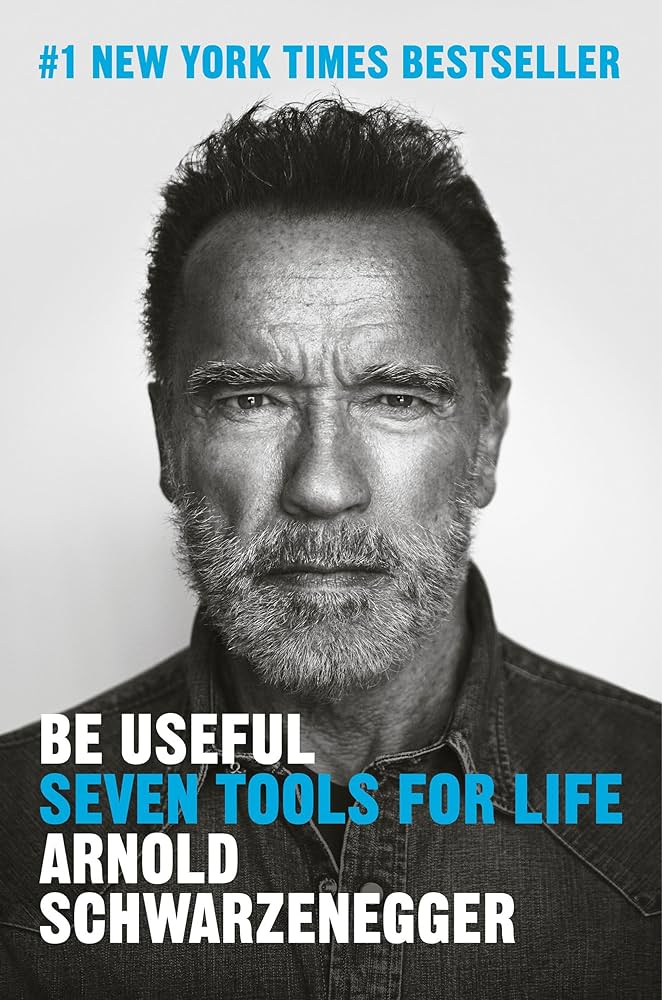
Be Useful: Seven Tools for Life
by Arnold Schwarzenegger
-
- Sargent Shriver’s valedictorian speech to a graduating Yale class had me put “Break your mirrors” on my 2024 phrase board. I’m so glad I read it in this book. Make it a 2024 axiom for doing incredible things for your community!
- “You have a choice with the naysayers you face on the road to achieving your goals. You can ignore them or you can use them, you just can’t ever believe them” (60).
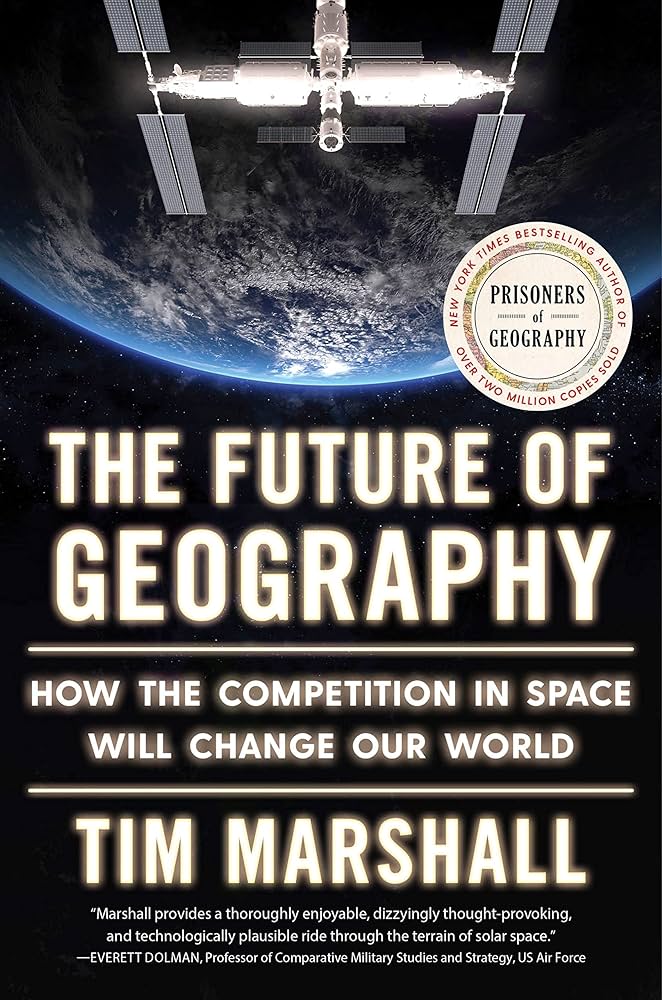
The Future of Geography: How The Competition in Space Will Change Our World
by Tim Marshall
-
- The International Space Station will be decommissioned in the next ten years, but there are existing plans to hopefully colonize the Moon, specifically towards the south lunar poles where it is presumed there is ice and mineral-rich deposits.
- Helium-3 accounts for 0.0001% of the helium on Earth but the Moon is rich with its deposits. “Ouyang Ziyuan, China’s distinguished chief scientist in its Lunar Exploration Program, believes that if helium-3’s power can be harnessed it will “solve humanity’s energy demand for around 10,000 years”. That’s forward thinking, but it’s also thinking about the present energy crisis and climate change. Scientists can’t give exact figures about how much helium-3 is required to make X amount of energy, but estimates suggest that one ton might be the equivalent of 50 million barrels of crude oil” (72).
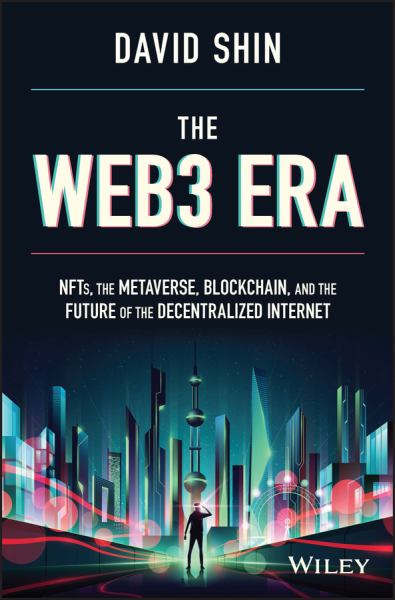
The Web3 Era: NFTs, The Metaverse, Blockchain, and The Future of The Decentralized Internet
by David Shin
-
- We don’t have to know everything about crypto and blockchain, especially if that causes us to freeze up with fear. This book is a great starting point because it emphasizes that digital literacy is enough to ensure that no one gets left behind by the Web3 Era.
- It talked about a really interesting idea of Soulbound Tokens: “SBTs are non-fungible tokens (NFTs)– unique cryptographic tokens that exist on a blockchain and cannot be replicated– containing personal data, including individual achievements and work credentials. Unlike standard NFTs, SBTs cannot be transferred, they are “soul-bound” to the individual for life and even after that individual has departed. Buterin described them as an “extended resume”. SBTs display a person’s ‘commitments, credentials, and affiliations’ and it will be stored on the blockchain to confirm ‘provenance and reputation'” (100-101).
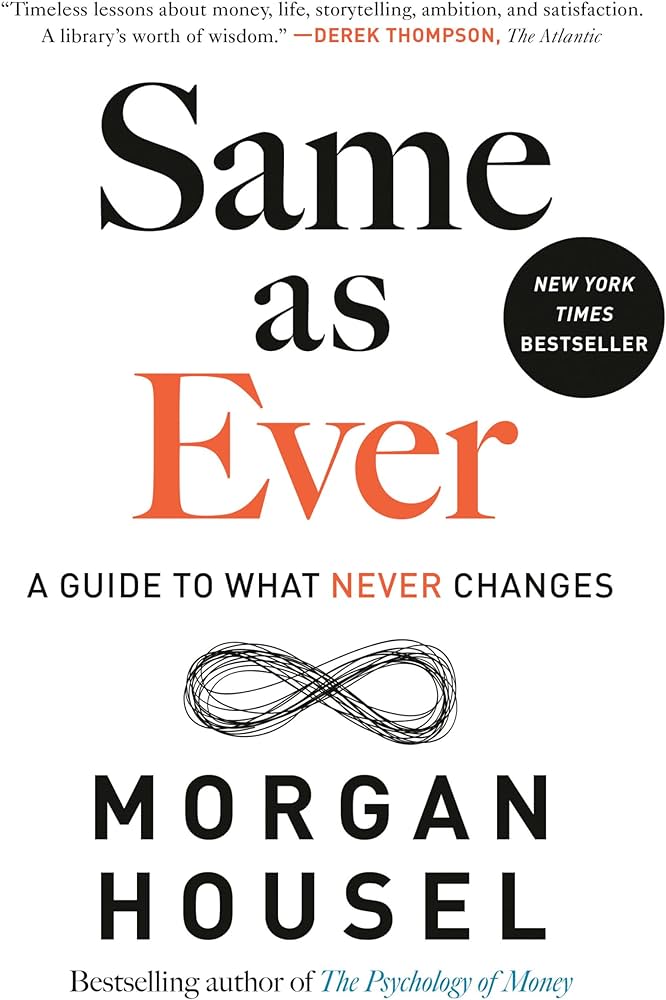
Same As Ever: A Guide to What Never Changes
by Morgan Housel
-
- There are things that will never change, and those are the best things to put your confidence in where so many people are spending time and money trying to forecast and predict the future. It’s part of what makes Amazon and other big corporations so successful.
- “Your happiness depends on your expectations more than anything else. So in a world that tends to get better for most people most of the time, an important life skill is getting the goalpost to stop moving. It’s also one of the hardest” (25)
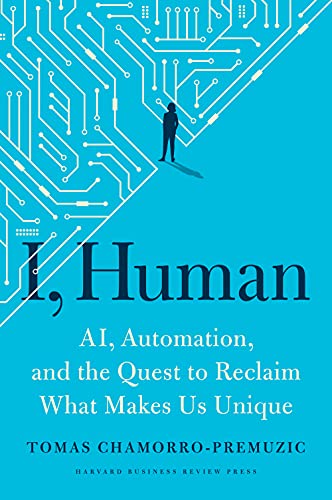
I, Human: AI, Automation and The Quest to Reclaim What Makes Us Unique
by Tomas Chamorro-Premuzic
-
- Google’s AI tells us that of all the questions we’ve asked it, only 15% have never been asked before (126)
- “A simple yardstick to measure the ethical nature of our actions comes from Kant’s famous categorical imperative: What would happen to the world is everyone acted like you? Would it be a better or worse place? Would it go up or down in the intergalactic ratings of Transparency International?” (81)
Books may not ever be able to tell you what or who you can be, but they give you a rich landscape from which to see what can be for you, and in them we meet others with a curiosity from which empathy is born.
I encourage you to set an audacious goal for yourself. Even if you stumble upon this blog sometime in the middle of the year, six months is still plenty of time to make something amazing happen for yourself or others. Change can seem like an all-or-nothing proposition because (especially with social media) we don’t always see the steps in between or behind-the-scenes to getting big things done.
What’s my biggest tip for setting yourself up for success and accomplishing big goals? Pick goals that won’t just deliver a specific outcome, but that are bound to change you in the process. In Atomic Habits, James Clear suggests what is still simple wisdom that astounds me, wherein one of the aspects of building good habits is to become the kind of person who does the habit you’re looking to develop, anchor, or build. I think about setting goals similarly. Don’t just set a goal that sounds good. Set goals and hold a vision for yourself because it feels good and you know the process to accomplish it will be equally satisfying. If it scares you even just a little bit, that’s a sure sign some part of you will be changed by the undertaking.
I’ll share with you now, one of my favorite goal-setting hacks: your goals live in your mind whether you’re aware of them or not. The moment we set a goal and write it down (handwritten goals engage your brain differently), it settles into our habits and routines which are shaped by our beliefs, which are things we’ve thought about so many times that they’ve become truths (for better or worse).
Books are free to borrow, but our main currency is the imagination, in the trade and exchange of ideas. I look forward to sharing this journey with WPL blog readers and book lovers. It never ceases to amaze me how much there is to know, and how beautiful it is to comprehend just how little of it we will be able to know in our lifetimes.
Stay tuned for my 400 in 2024 Challenge updates!
Further Reading
Sports psychology books, and books by former Navy SEALs have turned good intentions into goals into habits more times than I can count. Here are some books that helped me overcome, steady my initially excited-right-out-of-the-gate pace towards accomplishing my goals, and stay focused for the long haul (among a few other titles in the same caliber and quality).
